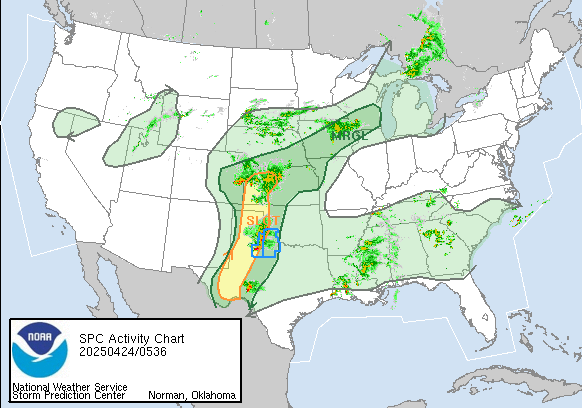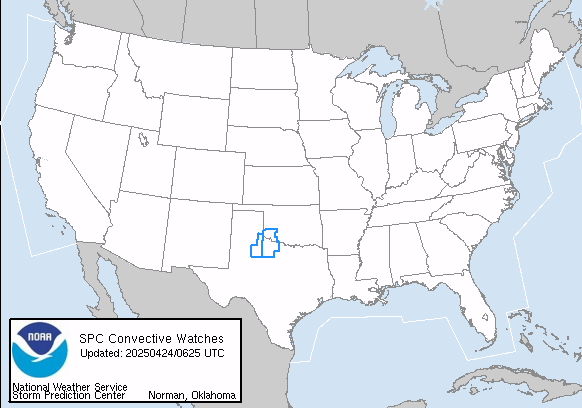Automated Notification Systems in Bad Weather
DON'T STAKE YOUR LIFE ON IT
 There have been lots of companies launch automated calling systems to notify people in bad weather, especially for during severe weather, including tornadoes, severe thunderstorms and flash flooding. WeatherCall Services wants you to be aware of some of the downfalls of many of these systems, as they apply to entire community alert systems as they apply to telephone notifications. WeatherCall always performs far better in the timing of these notification than the systems purchased by counties and cities to alert all the residents at the same time. Below is the explanation of why having WeatherCall Services notifications may affect your life. A LATE TORNADO WARNING can cost you everything you have.
There have been lots of companies launch automated calling systems to notify people in bad weather, especially for during severe weather, including tornadoes, severe thunderstorms and flash flooding. WeatherCall Services wants you to be aware of some of the downfalls of many of these systems, as they apply to entire community alert systems as they apply to telephone notifications. WeatherCall always performs far better in the timing of these notification than the systems purchased by counties and cities to alert all the residents at the same time. Below is the explanation of why having WeatherCall Services notifications may affect your life. A LATE TORNADO WARNING can cost you everything you have.
 When entire communities contract automated telephone notification systems, they are by definition contracting to launch far more calls than the telephone's infrastructure can handle. Why is this? The nation's phone companies either have built or have agreements with systems in place within the nation's infrastructure to deliver calls within the limitations of their hardware. The national average within local exchange carriers is 10%. That means that only 10% of a phone company's customers can be using the phone system at one time, and except at night, there is almost no time no one is using the system.
When entire communities contract automated telephone notification systems, they are by definition contracting to launch far more calls than the telephone's infrastructure can handle. Why is this? The nation's phone companies either have built or have agreements with systems in place within the nation's infrastructure to deliver calls within the limitations of their hardware. The national average within local exchange carriers is 10%. That means that only 10% of a phone company's customers can be using the phone system at one time, and except at night, there is almost no time no one is using the system.
That 10% does not represent the nation's actual availability of phone lines, during the day. Especially during business hours and evening hours, lots of people are using the companies' infrastructure. We are not just talking about phone CALLS but text message and data usage. It all takes up part of the available network. When a "mass notification" company launches phone calls into a local exchange, suddenly, that entire system's resources can be monopolized. Then, only up to 10% of those customers are able to receive the message at one time. Shooting at the BEST CASE SCENARIO, if none of the phone companies' networks are using any traffic, here are the times it will take for the population to receive a call delivering a 1 minute message.
1-10% - 1 minute
11-20% - 2 minutes
21-30% - 3 minutes
31-40% - 4 minutes
41-50% - 5 minutes
51-60% - 6 minutes
61-70% - 7 minutes
71-80% - 8 minutes
81-90% - 9 minutes
91%-100% - minutes
In our opinion, a tornado warning that is delivered more than 2 minutes after a warning is issued puts people's lives in danger. With tornadic thunderstorms' forward speed as fast as 60 to 80 miles per hour, that means the tornado can be moving at over 1 mile per minute. Each minute between the issuance of the warning by the National Weather Service and the actual notification is costing you valuable time to be notified and get to shelter. That means, that in the best case scenario, the 80% of those being notified will be getting their calls LATE. How effective is that telephone notification if the storm has passed before your phone rings? For warnings where there IS time between the issuance and the phone call, winter storm warning, hurricane warning, blizzard warning, time is not your enemy. But when the threat is knocking on your door, SECONDS COUNT and TIME IS YOUR ENEMY.
 WeatherCall does not count on local "mass notification" to alert our customers. We do not do business with entire cities or counties for this very reason. WeatherCall's calling system is FAST. Our calls are delivered before the "mass notification" companies' calls flood the entire system, in those areas that have taken this unwise step for 'short-fuse' weather warnings. Our calls are being made or have been completed before the system is flooded with more calls than the system can handle at once.
WeatherCall does not count on local "mass notification" to alert our customers. We do not do business with entire cities or counties for this very reason. WeatherCall's calling system is FAST. Our calls are delivered before the "mass notification" companies' calls flood the entire system, in those areas that have taken this unwise step for 'short-fuse' weather warnings. Our calls are being made or have been completed before the system is flooded with more calls than the system can handle at once.
Please share this information with your friends, family, co-workers, school systems (especially), emergency managers, city managers, and anyone who would be tempted to sign your community on to a "mass notification" system for your entire community. Here are two examples of late telephone warnings being delivered by a county or city's mass notification system:
1.) I was on the phone with my father-in-law in Dawson County, GA, last year. While I was on the phone, he got his WeatherCall "severe thunderstorm warning" call within 1 minute of the NWS issuance. 15 minutes later, he received a phone call from the county's contracted "mass notification" service. Then, he received his WeatherCall of a TORNADO WARNING for his home, within 1 minute of the issuance of the warning. I looked at radar, as a meteorologist, and the storm was going to pass just to his north. By that time the weather was loud, it was very windy, hail was falling and rains were torrential. It was also night-time, and an approaching tornado would not have been visible. The storm passed. His home took no damage. 20 minutes after the tornado warning was issued, and after the storm had left his county, he received his county's "mass notification" call. 20 MINUTES! If that storm had delivered a tornado to his home, and if he did not have WeatherCall, his family could have faced death or injury waiting for his "mass notification" system to work.
 2.) I am a contract instructor for FEMA's Emergency Management Institute. I spoke with a public information officer for a city in Missouri's fire department. The emergency manager was made aware of an accident that could endanger part of his community. He opened his provider's software, drew a circle around the area involved, and launched the phone calling "mass notification" service to call the affected people. He said it took 2 HOURS for all those calls to be competed. 2 HOURS.
2.) I am a contract instructor for FEMA's Emergency Management Institute. I spoke with a public information officer for a city in Missouri's fire department. The emergency manager was made aware of an accident that could endanger part of his community. He opened his provider's software, drew a circle around the area involved, and launched the phone calling "mass notification" service to call the affected people. He said it took 2 HOURS for all those calls to be competed. 2 HOURS.
WeatherCall has heard and documented numerous LATE WARNINGS being delivered by the "mass notification" industry. That is why we remain that surgical strike, not a broad brush warning company. It is IMPOSSIBLE to make timely calls into an ENTIRE community. The phone companies' infrastructure guarantees that. So if you are tempted to stake your family's life on that "free to all citizens" phone calling system, make it your back-up plan. Make your WeatherCall service a part of your primary plan. WeatherCall welcomes all comparisons to "mass notification" services. We welcome you to put us and them to the test over time. We have seen other systems fail to deliver timely notification of warnings countless times. But you can trust WeatherCall.

Brad Huffines
Chief Meteorologist, National Notification Consultant
WeatherCall Services, LLC, WeatherCall on Facebook
This email address is being protected from spambots. You need JavaScript enabled to view it.
http://www.linkedin.com/in/bradhuffines




